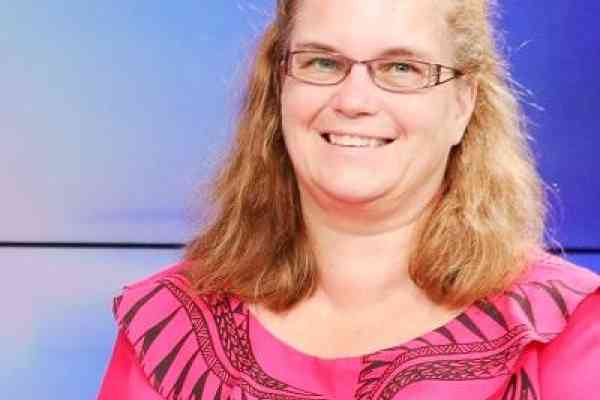 Good morning and a warm welcome to everyone joining us today, either virtually or in person, for the launch of the 2022 Edition of the Status of Pacific Education Report.
Good morning and a warm welcome to everyone joining us today, either virtually or in person, for the launch of the 2022 Edition of the Status of Pacific Education Report.
The publication of this report marks the culmination of several months of effort on the parts of education data specialists and statistics officers in member countries and EQAP officers with support from the UNESCO Institute for Statistics. The work leading up to the biennially-published series of reports is significant when we consider that just over 10 years ago, there was a data void in reporting when it came to Pacific Education statistics.
A DFAT-funded project from 2015 through 2017 was the precursor to the Education Data team that currently sits within EQAP. With two streams of work, one to support countries’ efforts to strengthen Education Management Information Systems or EMIS and the other to support the statistical side of using data to report at global levels and to produce education statistical digests at national levels, that project saw, for the first time, an increase in education data reporting coming from Pacific Island countries.
When that project came to an end, it was clear that although gains had been made, there was still much to be done to support countries in their efforts to collect, analyse and use reliable education data for policy, planning and decision-making. In 2018, the Education Data team at EQAP came into being and with support from Australia, continues to work on both strengthening of EMIS systems and generating high-quality education data for stakeholders both within ministries and more broadly at regional and international levels.
Although the Status of Pacific Education Report is a tangible output that showcases the results of the previously described efforts, much of the work over the past several years has been in supporting ministries of education in their efforts to gather and quality assure the data they collect and then put it into formats that are readily useable by the decision makers and other stakeholders who need it. As part of the initial project in 2015, there were six data quality assessment missions undertaken, each to an individual country. The missions were jointly undertaken by SPC and UNESCO with technical support from the UNESCO Institute for Statistics. The missions have continued under the EQAP Data team, contributing to an increase in the quality of data available to ministries of education as they work to respond to the findings and recommendations from those missions.
To go along with the work towards improved data quality, EQAP has partnered with the UNESCO Institute for Statistics to convene annual regional and subregional workshops that bring education data officers from across the region together to build capacity, share successes and challenges and develop a community of practice around education data. Through the combined efforts of data quality work, capacity building, networking and direct support to ministries, the Pacific region has been represented in global education data reporting for the past few years. The globally reported and verified data that has been sent by Pacific Island Ministries of Education comprises the data that informs the Status of Pacific Education reports.
The growing confidence across the region in the quality, timeliness and reliability of education data being reported has been instrumental in the acceptance of the 2020 report in 2021 and now the 2022 report. To have published reports providing information across the various regional and global indicators as well as accessible through the Education Dashboard on the Pacific Data Hub is a significant achievement for the region and allows elected officials, ministries of education, education systems, donor partners, development partners and other interested education stakeholders to have access to the key information they need to progress their work.
I will take this opportunity to say a huge thank you to everyone involved in this process, both in terms of the 2022 report but also the work leading up to this point. Without a collaborative effort of this magnitude, none of this would be possible. Congratulations to all on an incredible piece of work and I look forward to seeing more editions of the Status of Pacific Education report into the future.
Thank you.


